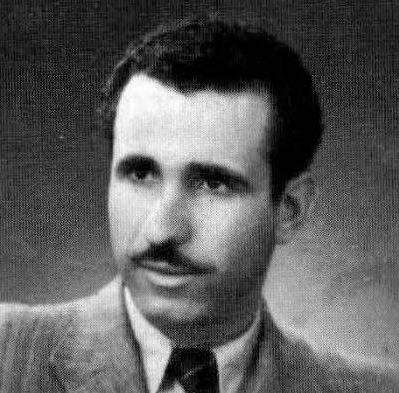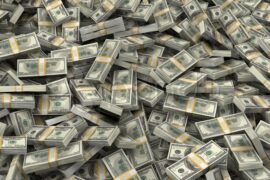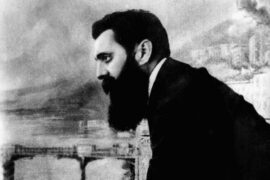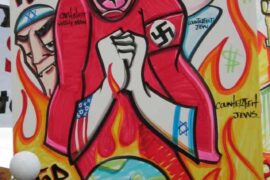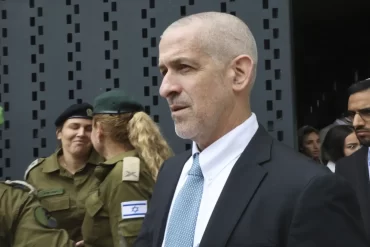Sheikh Yusuf Abu-Ghosh was born in 1920 to parents Mohammed and Shafika in the Abu-Ghosh village that has borne their family name for several generations. Under the British Mandate for Palestine, the Abu-Ghosh clan found itself at odds with the British-backed Husseini clan but enjoyed good relations with the country’s Jewish population.
Believing that Arabs and Jews would be able to live harmoniously together once the British occupiers would be expelled from the country, Sheikh Yusuf became active in Leḥi (Fighters for the Freedom of Israel).
Abu-Ghosh worked to recruit additional members from his village, store arms, collect information and made his home available to the needs of the underground whenever necessary. He is best known for assisting Geula Cohen’s escape from the Jerusalem prison hospital in April of 1947. Positioned throughout and around the hospital, a few Abu-Ghosh men created a diversion to distract the guards while Cohen escaped. Sheikh Yusuf was soon after arrested for his role in the escape and – despite brutal tortured by his British interrogators – refused to betray his Leḥi comrades.
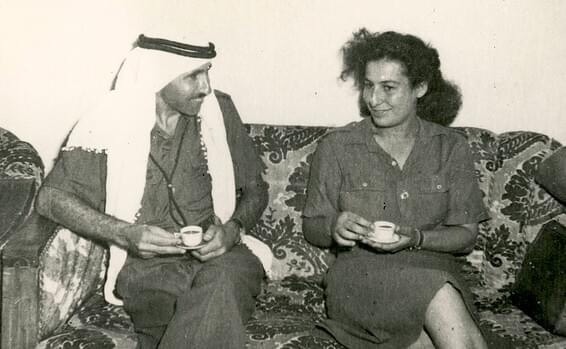
Sheikh Yusuf was released from prison when the British left Palestine in May of 1948. But following the assassination of Count Folke Bernadotte that September, he was arrested by Israel’s Mapai-led provisional government along with all known Leḥi activists. Sheikh Yusuf was abused by the prison authorities, kept separate from his Leḥi comrades and deliberately incarcerated with hostile inmates from rival clans. Only after much interference was he finally placed with his fellow Leḥi prisoners.
Following his release from prison, Sheikh Yusuf ran for a seat in Israel’s first Knesset as part of the Leḥi‘s Fighters party – one of the only parties that included both Jewish and Arab candidates on its Knesset list.
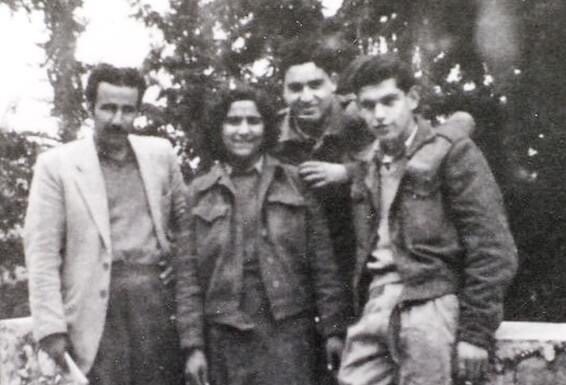
The Fighters party message, combining a staunch commitment to Jewish national aspirations with radical positions on socio-economic and minority issues, was too sophisticated for the newborn state’s electorate and the party only managed to win one seat.
After the war, Sheikh Yusuf was targeted by the new mukhtar of Abu-Ghosh (installed by David Ben-Gurion’s ruling Mapai party) who dispossessed him of his home, property and belongings. Attempting to resist the confiscations, Sheikh Yusuf was arrested once again, released on bail and ordered to report twice daily to the police station. After a difficult struggle, he eventually managed to return with his family to their home but was left with no means of providing for them. He opened a local café but it failed due to a lack of community support.
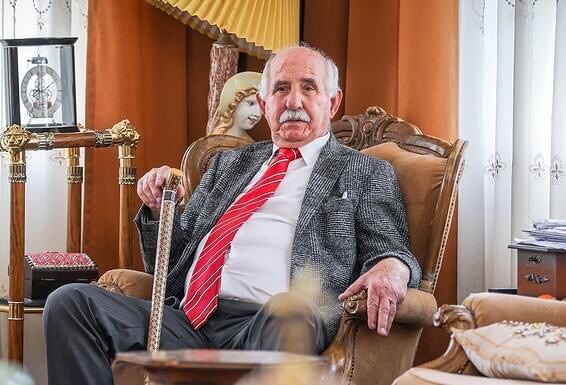
In 1971, Sheikh Yusuf was awarded the Fighters of the State Medal and the Leḥi Medal. In 1984 he received the British Mandate Prisoners’ Medal. On December 15, 1996, he died worn and bitter, leaving behind his wife Zekiya, a son, two daughters and several grandchildren. He is buried in Abu-Ghosh.

